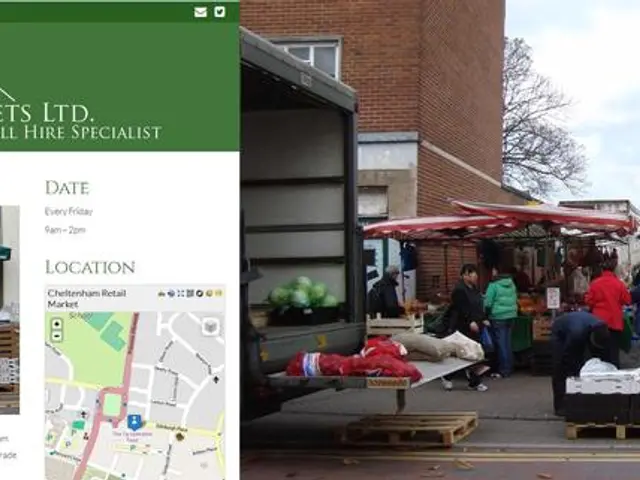"100X.VC's CFO, Yagnesh Sanghrajka, Predicts That India Will Have 150 Startup Unicorns by 2025"
India is on a path to achieving a 4.5-5 trillion GDP mark by 2025, and with this growth, the country is estimated to have over 150 unicorns, according to estimates. One of the key players in this startup revolution is 100X.VC, a discovery platform designed to support bootstrapped founders and startups in need of funding.
100X.VC aims to foster more successful startups rather than encouraging a high failure rate. The venture capital firm caters to various tech startups across sectors, including consumer tech, agritech, and others. The startups under 100X.VC operate in various verticals such as fintech, agritech, HR tech, proprietary tech, and consumer tech.
The firm's initiative, 'iSAFE', is a founder-friendly convertible security note, beneficial for both startups and investors. iSAFE notes take the legal form of compulsorily convertible preference shares (CCPS), that are convertible on the occurrence of specified events.
100X.VC primarily funds startups with small cheques of INR 25-50 lakhs and works closely with them to make them investor ready. As of now, the firm has around 20 startups onboard, with an equal distribution between B2B and B2C.
Technology is playing a substantial role in boosting startups in India. Companies like Microsoft, AWS, and Amazon provide credits to startups, supporting them from the initial phase to when they start generating revenues. However, there are concerns about digital sovereignty and dependency on these global tech giants, especially in critical sectors, prompting discussions about balancing innovation support with local data control and security.
The food tech sector, though a small space within consumer tech, is not overlooked. Startups in this sector are equipped with the latest forms of technology like Artificial Intelligence (AI), Machine Learning (ML), and Deep Learning, aiming to make their products relevant to customers, not just their thought process.
The success of tech startups also lies in the shift in the journey of entrepreneurs, particularly retired IT professionals and those still serving. This shift is from income to wealth, indicating a growing interest in creating sustainable businesses rather than just securing a steady paycheck.
The F&B segment, health, and wellness are all part of the consumer tech sector, which is seeing a surge in startups. Starting a tech startup is a long and lonely journey, but with the right support, it can lead to significant growth and success.




